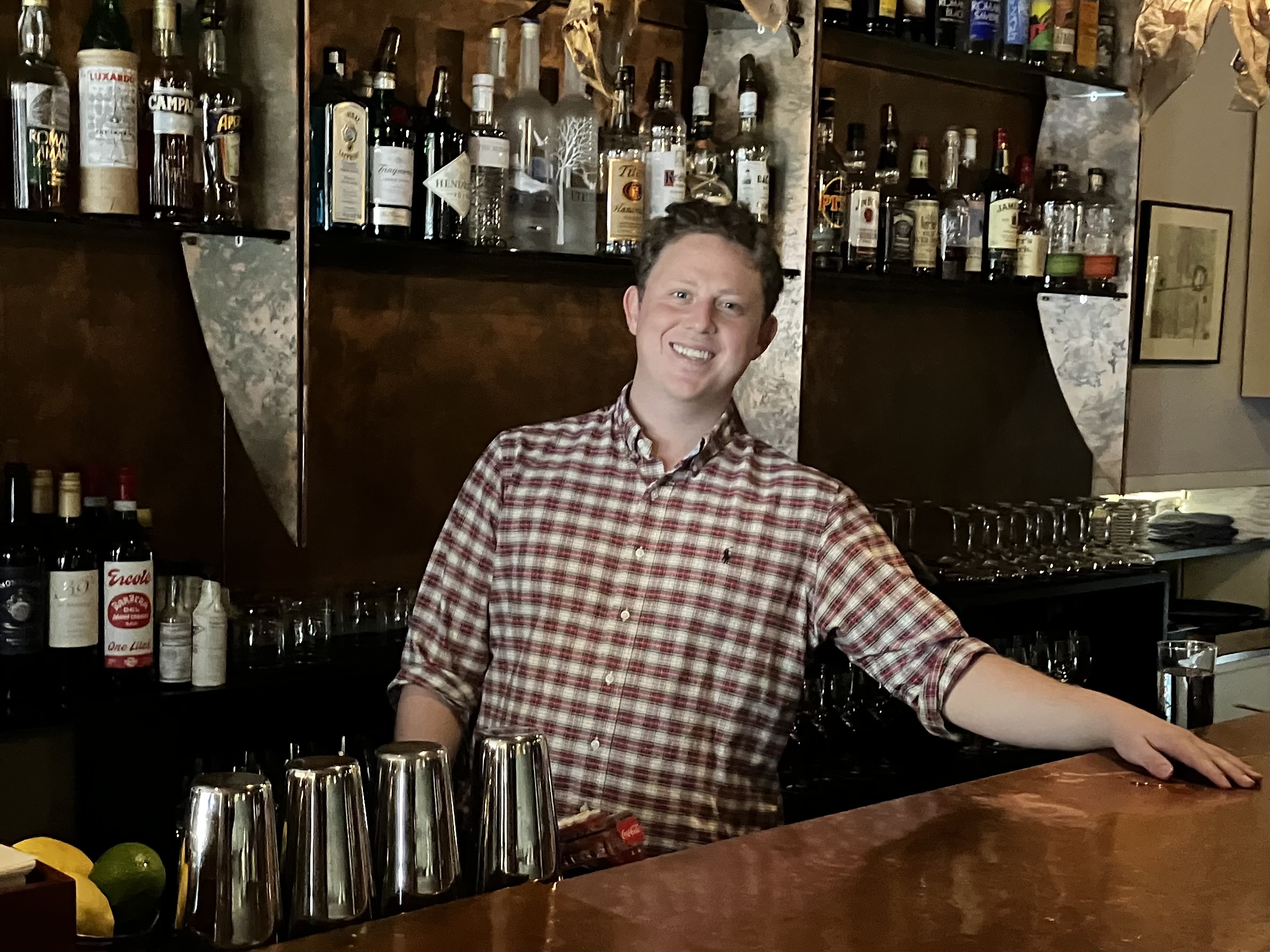By Damla Erten, co-founder of the Uptown Community Coalition and Vice President of Sencha Tea Bar
In theory, business improvement districts, like the Downtown Improvement District, sound like a great idea. Communities band together, contribute funds, and collectively improve their neighborhoods. But in practice, they have proven to be inequitable, harmful to already struggling areas, and a convenient way for city officials to shrink their responsibilities, pushing them back onto the community.
Show me a city council that wouldn’t love a “solution” for the city’s issues where they don’t have to fund or oversee the system. No cost and no work to them–just devastating financial repercussions for the community members. A system with no truly quantifiable metrics on its success and many contracts being overturned or not renewed.
Councilmember Katie Cashman hosted Block By Block, the organization behind the downtown business improvement district, at a recent community public safety meeting, to present on how its services would benefit the Uptown area. Business improvement districts are an archaic and inflexible system with a large percentage of administrative costs that further convolutes its benefits. And nowhere is this more apparent than in the recent push for one in Uptown, spearheaded by the Uptown Association.
The Uptown Association, a membership-based business group, is currently considering pursuing a business improvement district for Uptown with little input from the diverse array of stakeholders in the neighborhood. This pursuit seems to be driven more by the Uptown Association’s desperation to repackage its own failing presence than by a genuine concern for community improvement.
What’s particularly alarming is the association’s blatant disregard for consent. They seem fully aware that a business improvement district only requires majority property ownership for approval. As long as they have the majority of property owners on board, the rest of the community—residents, small business owners, and marginalized groups—are left in the dust. This is not just undemocratic, it’s a betrayal of the community’s trust.
Adding to the concern is the composition of the Uptown Association’s board. It is governed primarily by individuals from non-marginalized communities, which raises serious questions about whose interests this business improvement district would really serve. The likelihood is that it would benefit those who already hold power and influence, at the expense of the broader community, particularly those who are already struggling to make ends meet. Which is exactly whom business improvement districts have historically benefited.
Why are we duplicating efforts, fast-tracking gentrification, and applying band-aid solutions instead of rolling up our sleeves and doing the real work? If a business improvement district were truly about bringing the community together and encouraging stakeholders to invest back into the neighborhood, they wouldn’t be seeking funds from the very community they claim to support. Uptown is not short of business associations, neighborhood associations, and other nonprofit community organizations, plus a fully loaded and paid City Council. Everything proposed to be done by a business improvement district can and should be done by existing organizations and the existing city structure if funding and resources were allocated properly.
Instead of imposing a business improvement district, we should be asking why we aren’t fully tapping into state and federal funds to support these existing entities. Why aren’t we pushing our city officials to do their jobs and distribute resources equitably across neighborhoods, based on their unique histories and needs? It’s not about creating new structures to solve old problems—it’s about making the structures we already have work for everyone, not just the privileged few.
Business improvement districts are not the solution they’re made out to be. They are inequitable, inefficient, and often exacerbate the very problems they claim to solve. It’s time for city officials, including those in Uptown, to step up, do their jobs, and allocate resources where they’re needed most—without placing an additional burden on communities that are already struggling. We need a more equitable and sustainable approach to neighborhood improvement, one that supports everyone, not just those who can afford to pay.

.jpg)







